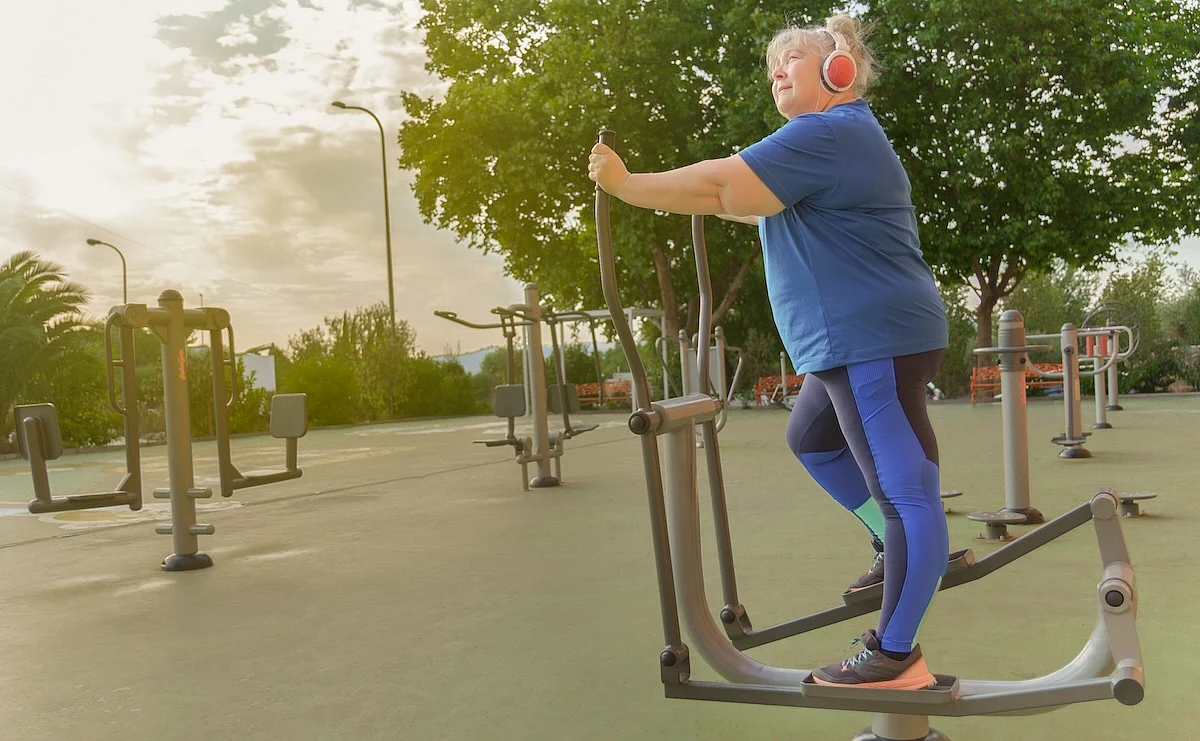
Some newer antiseizure medications appear to be safer for pregnant women to take without risk of birth defects, a new study says. Second-generation antiseizure drugs like levetiracetam, oxcarbazepine, gabapentin and zonisamide did not show an increased risk for birth defects, researchers reported July 16 in the journal Neurology. On the other hand, the study confirmed… read on > read on >






























